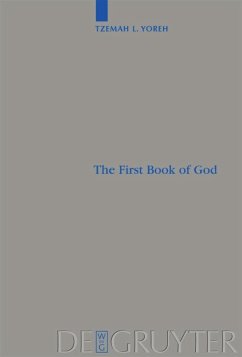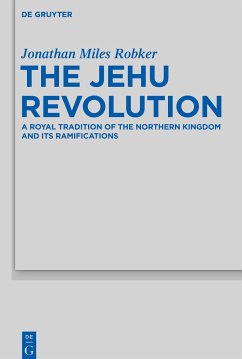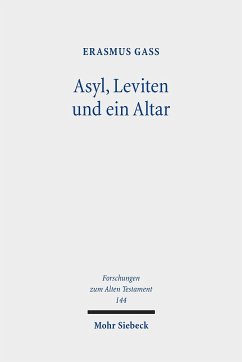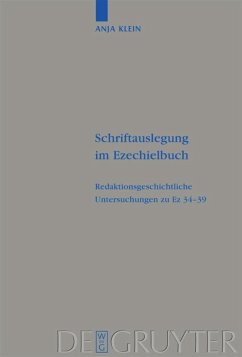Nicht lieferbar
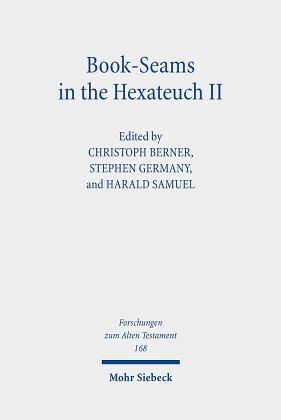
Book-Seams in the Hexateuch II
The Book of Deuteronomy and its Literary Transitions
Herausgegeben: Berner, Christoph; Germany, Stephen; Samuel, Harald
Versandkostenfrei!
Nicht lieferbar
Biblical books, which were transmitted on separate scrolls in antiquity, are not necessarily identical with books in the modern sense of a coherent and self-contained compositional unit. Especially the books of the Primary History constitute a larger master narrative. This raises the question of how the distribution of the text over different scrolls relates to its compositional history. Were the respective books conceived as physically separate parts of a multivolume composition (whether Pentateuch, Hexateuch, Deuteronomistic History or Enneateuch) from the outset, or are we dealing with a mo...
Biblical books, which were transmitted on separate scrolls in antiquity, are not necessarily identical with books in the modern sense of a coherent and self-contained compositional unit. Especially the books of the Primary History constitute a larger master narrative. This raises the question of how the distribution of the text over different scrolls relates to its compositional history. Were the respective books conceived as physically separate parts of a multivolume composition (whether Pentateuch, Hexateuch, Deuteronomistic History or Enneateuch) from the outset, or are we dealing with a more complex development of originally independent compositional units that were only connected or separated by later redaction? The present volume addresses these issues with respect to the book transitions of Deuteronomy, whose relatively freestanding literary shape sets it apart among the books of the Hexateuch.





